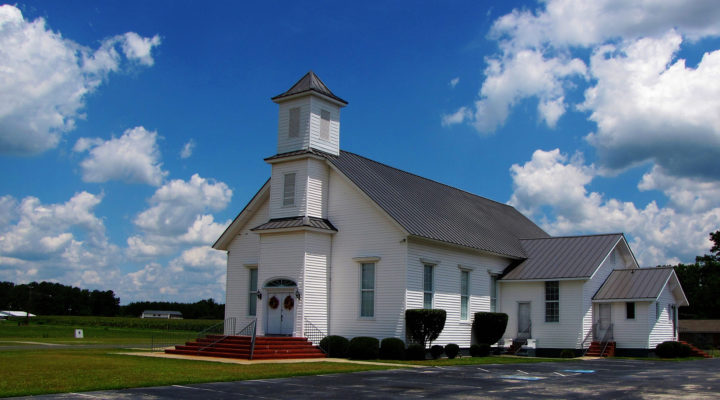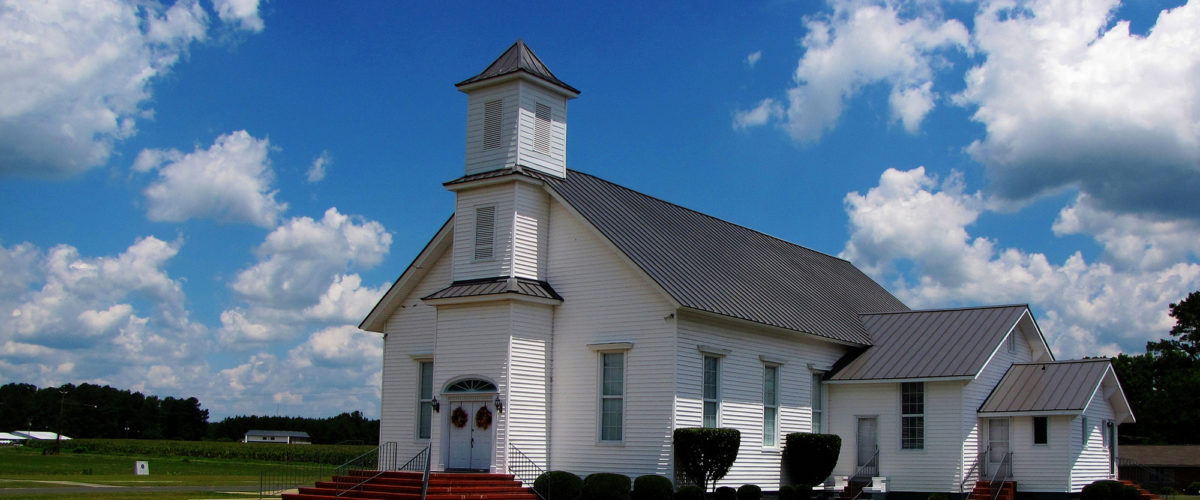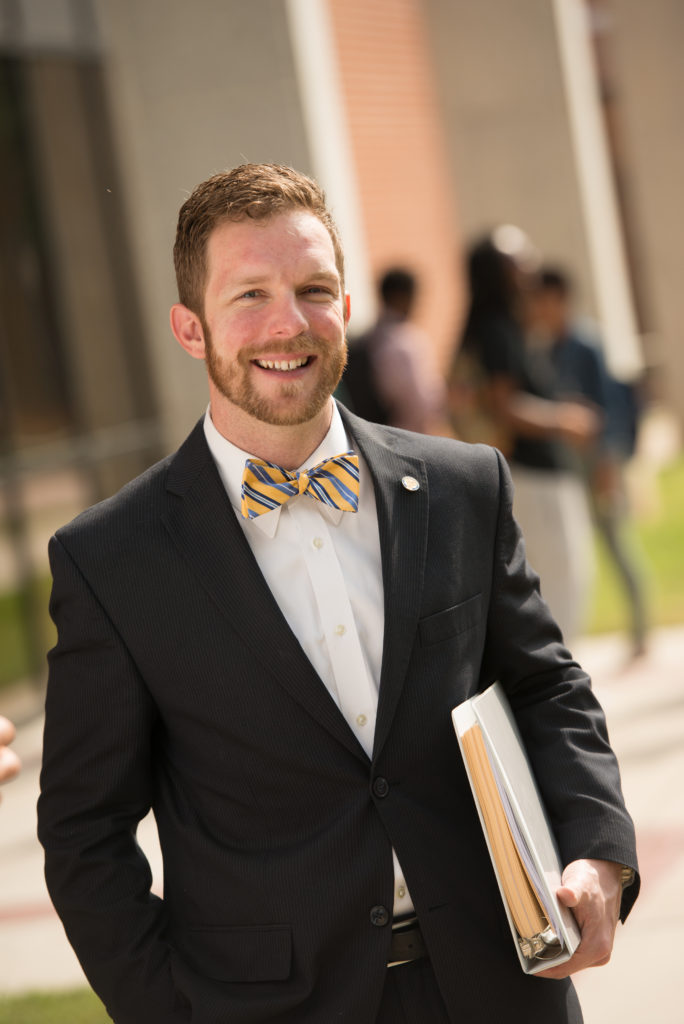Five decades. That’s how long Ken Hale served small Baptist churches without an extended break.
But that streak finally ended last fall when long-time friend and retired pastor Bill Bruster volunteered to stand in for Hale at Trinity Baptist Church in Hanover, N.H.
So while Bruster preached to the small Cooperative Baptist Fellowship congregation, Hale and his wife, Sandy, spent five weeks visiting family and friends around the country and traveling to Cambodia for a spiritual retreat with the CBF’s Asia-based field personnel.
“To be involved with folks in missions and to be with them in their setting overseas — that in and of itself is spiritually recharging,” Hale said.
The arrangement that sent Hale on his sabbatical is now becoming available to other small-church pastors across the CBF — inspired by the deep impact it had on the two men initially involved.
For Hale, who has been pastor of Trinity for 31 years and served other congregations before that, it was a blessing.
“In my 49 years in ministry I had never been on a sabbatical,” he said.
“In my 49 years in ministry I had never been on a sabbatical.”
Deep connections to CBF
And Bruster said he, too, was rejuvenated by the experience of being in New Hampshire in the fall and of having a steady preaching gig — the first in a long time.
“It was fun to preach to the same group for five weeks in a row,” said Bruster, who retired as CBF national networking coordinator about a decade ago. He was pastor of churches for more than three decades prior to assuming the 12-year CBF position.
“It was sort of like riding a bicycle again after you haven’t ridden for a long time.”
But most of all he was struck by the plight of other small-church pastors who he knows have labored for decades without sabbaticals or other extended breaks.
Many of them were in their 30s when they took a stand for the CBF and its moderate theology in the 1990s, and as a result lost opportunities to serve larger churches, he said.
“And I decided we needed to do something for them.”
So Bruster said he started calling friends who, like him, are retired pastors willing, at their own expense, to fill in for small-church pastors in desperate need of extended time off.
Bruster said he has compiled a list of 25 preachers who are ready to go.
“All of them are retired, all of them are deeply connected to CBF and all of them are people who do not have to have a supply salary to exist.”
They will serve churches that, in turn, cannot afford to pay both their pastors’ salaries and fund supply pastors. Congregations are responsible only for housing the visiting minister — who may in some cases stay in the home of the colleague on sabbatical.
That’s how it worked for Bruster when he filled in for Hale.
“We went at no expense to the church and we stayed in their house while they were away,” Bruster said. “When they got back, they couldn’t thank us enough for the gift we had given them.”
‘It was freeing’
The program Bruster has developed will make a major impact for dozens of the Fellowship’s smaller congregations, said Craig Janney, congregational reference and referral manager for CBF.
While not all small churches are in that financial bind, many are and their pastors are geographically distant from other CBF colleagues, Janney said. That heightens the stress and feeling of isolation for those ministers, making sabbaticals even more important for them.
“Bill’s offering is really timely,” Janney said. “It comes when we are trying to promote sabbaticals for church and congregational and clergy health.”
Having a stable of pastors willing to travel and serve at no cost will accomplish that for financially strapped congregations, he said.
“We can make it as easy as possible for our small-church pastors to take a sabbatical.”
Bruster’s effort also is in keeping with what’s happening in larger churches and ministries across the Fellowship, Janney said.
“There is a culture of sabbatical and we are hoping we can scale it to all of our churches.”
Hale, who retired at the end of 2015, said he didn’t think he’d ever see that kind of opportunity come his way.
“We were not in a context where that was a possibility. Churches such as ours have no resources for something like that.”
When it did work out, he said, the feeling was powerful.
“It was freeing,” Hale said.



